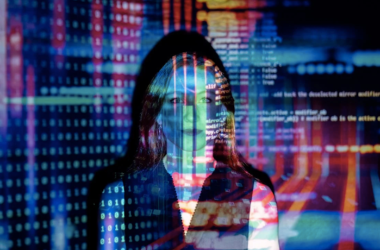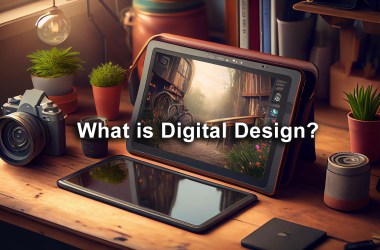Updated: Mar 26, 2025 By: Marios
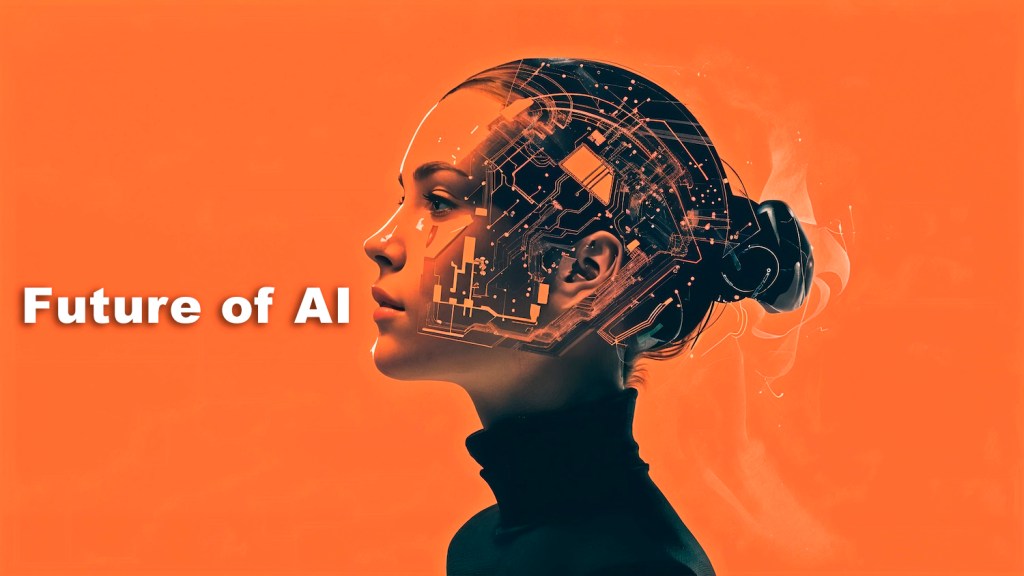
Artificial Intelligence (AI) has rapidly transformed from a futuristic dream into a present-day reality, and as its applications expand, its impact on the world is only beginning. AI has already reshaped industries like healthcare, finance, transportation, and entertainment, but the next few decades promise changes of an even greater magnitude.
With its ever-increasing capabilities, AI is poised to revolutionize virtually every aspect of human life, from how we work and interact to how we think and solve global problems.
In this article, we will explore the future of AI, how it will shape the world, and the profound implications it has for humanity.
1. The Evolution of AI: From Automation to Superintelligence
To understand the future of AI, it's crucial to look at how far it has come. Initially, AI was primarily focused on automating repetitive tasks, replacing human labor in areas like manufacturing and data processing.
Early AI systems excelled in rule-based environments where clear instructions could be followed. However, with advancements in machine learning, AI has moved beyond simple automation.
Today’s AI systems, powered by neural networks and deep learning, can analyze vast datasets, recognize patterns, and even “learn” from experience. As a result, AI is now capable of performing tasks once considered exclusively human, such as understanding natural language, diagnosing diseases, and even generating creative content like music, art, and literature.
The future holds even more advanced forms of AI, potentially leading to artificial general intelligence (AGI)—systems that possess human-like cognitive abilities and can solve any intellectual task a human can.
Eventually, we may even see the rise of superintelligent AI, which surpasses human intelligence in every domain. This progression from narrow AI to AGI and possibly superintelligence could fundamentally reshape the world.
2. AI in Healthcare: Precision Medicine and Beyond
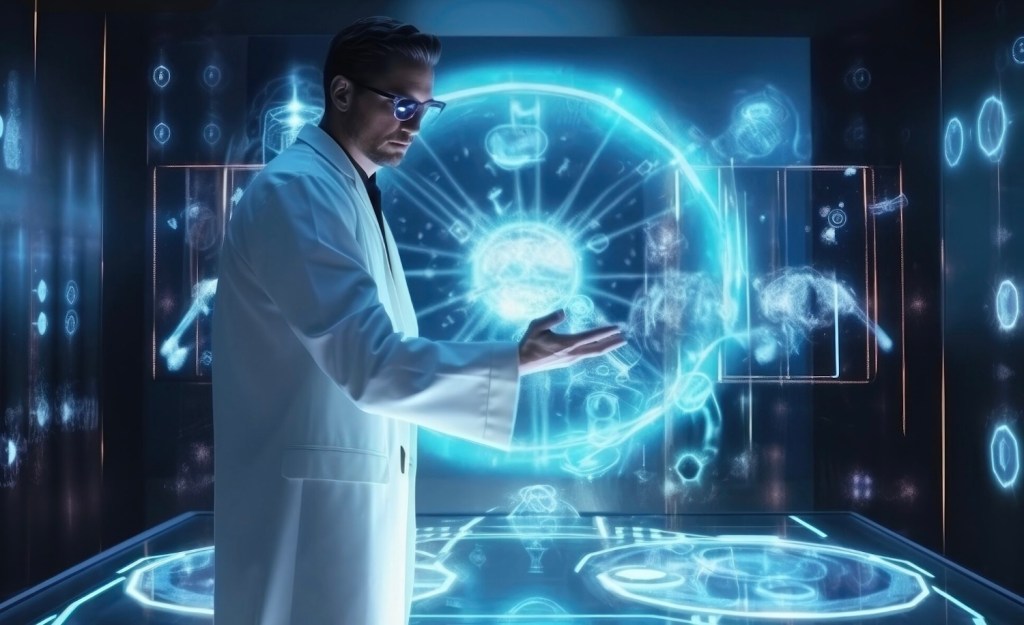
One of the most promising areas for AI is in healthcare. AI’s ability to analyze medical data at an unprecedented scale could revolutionize how diseases are diagnosed, treated, and prevented. Already, AI-driven tools like IBM’s Watson are being used to assist doctors in making faster and more accurate diagnoses by analyzing patient records, imaging data, and research papers to suggest treatment options.
In the future, AI will play a key role in precision medicine—a field that tailors treatments to individual patients based on their genetic makeup, lifestyle, and environment.
AI systems can analyze a patient’s genome, medical history, and real-time data from wearable devices to develop personalized treatment plans. This could lead to more effective therapies for chronic diseases like cancer, diabetes, and heart disease.
Additionally, AI has the potential to democratize healthcare. In areas where access to doctors is limited, AI-powered diagnostic tools could enable patients to receive high-quality medical care remotely.
For example, an AI app could analyze a photo of a skin lesion to determine whether it’s cancerous or not, or detect irregular heartbeats through a smartphone’s microphone. As AI continues to evolve, it will bring medical expertise to underserved populations around the world, improving healthcare outcomes globally.
3. AI and the Future of Work: Redefining Jobs and the Workforce
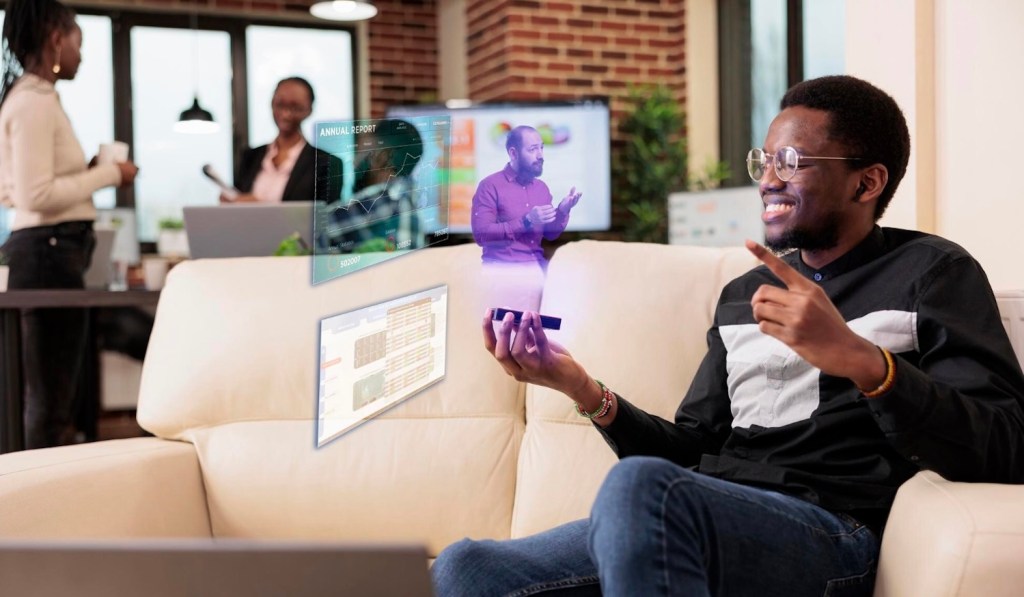
AI's growing capabilities are poised to transform the workforce in ways we are just beginning to understand. While AI has already been employed in automating routine tasks like data entry, improve warehouse efficiency, and customer service, future AI technologies could lead to even more significant changes.
One major area of disruption will be knowledge-based jobs. AI systems are increasingly able to perform tasks like legal research, financial analysis, and even medical diagnostics—areas traditionally reserved for highly trained professionals.
Tools like GPT (Generative Pre-trained Transformers) are already demonstrating the ability to generate content, write code, and engage in conversations that mimic human interaction. As these tools improve, they could handle many white-collar jobs more efficiently than humans.
However, the rise of AI does not necessarily mean a dystopian future where humans are replaced by machines. Instead, it could lead to a redefinition of work itself. While AI may take over repetitive and mundane tasks, humans may be free to focus on creative, strategic, and interpersonal roles.
The future workforce may see humans working alongside AI systems, using them as tools to augment their abilities rather than as replacements.
This shift will require a major overhaul of the education system. Future workers will need to be trained in skills that complement AI, such as creativity, emotional intelligence, critical thinking, and problem-solving.
Moreover, new jobs will emerge in fields like AI ethics, data science, and human-AI collaboration, as industries adapt to the new technological landscape.
4. AI in Transportation: The Autonomous Revolution
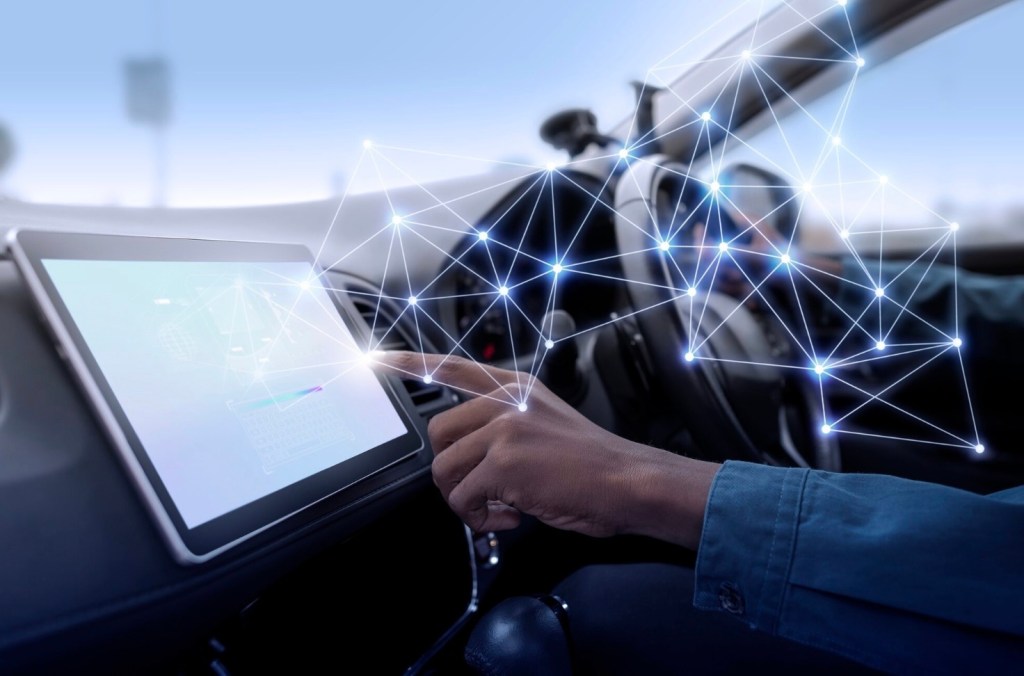
One of the most visible areas where AI will make its mark is transportation. Autonomous vehicles (AVs) are at the forefront of this revolution, with companies like Tesla, Waymo, and Uber investing heavily in developing self-driving cars. While full autonomy has not yet been realized, the technology is rapidly advancing, and within the next decade, we may see widespread adoption of AVs.
The benefits of autonomous vehicles are enormous. AI-powered cars have the potential to significantly reduce traffic accidents, which are often caused by human error. AI systems can react faster, make more accurate decisions, and avoid distractions, leading to safer roads.
Additionally, self-driving cars could alleviate traffic congestion by optimizing routes in real-time, reduce carbon emissions through more efficient driving, and improve accessibility for the elderly and disabled.
Beyond cars, AI will also play a key role in revolutionizing other forms of transportation. AI-controlled drones and delivery robots could transform logistics and supply chains, enabling faster and more cost-effective shipping. Autonomous ships and planes could make global trade more efficient and safer.
Public transportation is also set to benefit from AI. Autonomous buses, trains, and subways could improve the efficiency and reliability of mass transit systems, making urban mobility more seamless and reducing the environmental impact of transportation.
5. AI in Education: Personalized Learning and Global Access
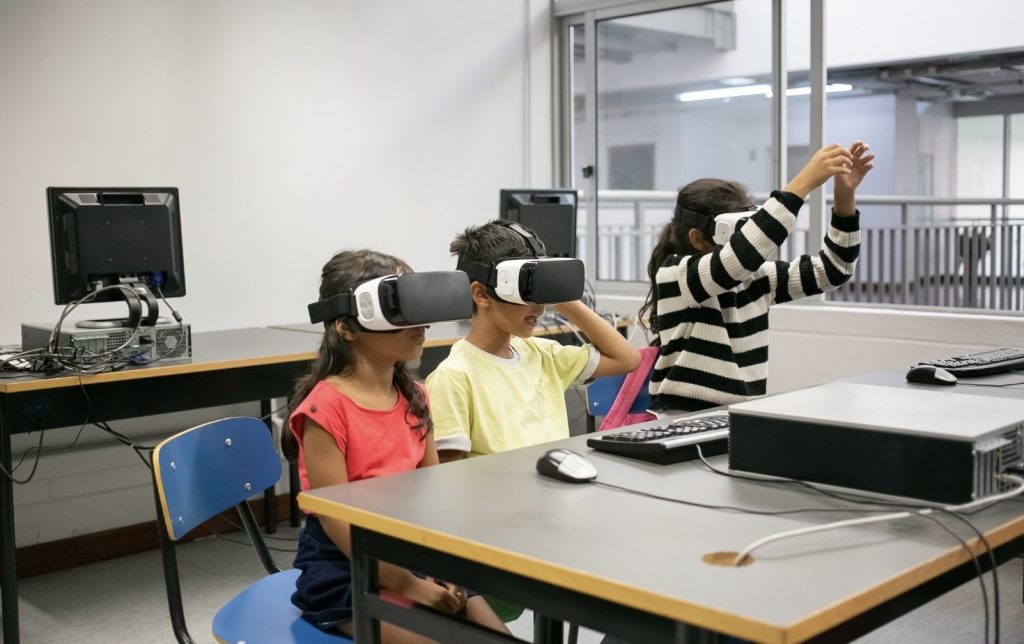
Education is another field where AI will have a transformative impact. Traditional education systems are often limited by rigid structures and one-size-fits-all approaches, but AI has the potential to create personalized learning experiences tailored to individual students' needs.
AI-driven platforms can analyze a student’s performance, learning style, and progress in real-time to adjust content, pacing, and difficulty. This could help students learn at their own pace, making education more effective and engaging. AI tutors could provide immediate feedback, answer questions, and suggest resources to help students master complex topics.
Moreover, AI could bridge gaps in access to education. In remote or underserved areas, AI-powered educational tools could provide high-quality learning experiences without the need for physical schools or teachers. Virtual classrooms and AI-driven curricula could offer students around the world access to the same resources, reducing educational inequality.
As AI continues to improve, it will enable lifelong learning, allowing individuals to continuously upskill and adapt to the changing demands of the workforce. This is particularly important in a future where AI is likely to disrupt many traditional industries.
6. AI in Creativity: The Rise of AI-Generated Art and Content
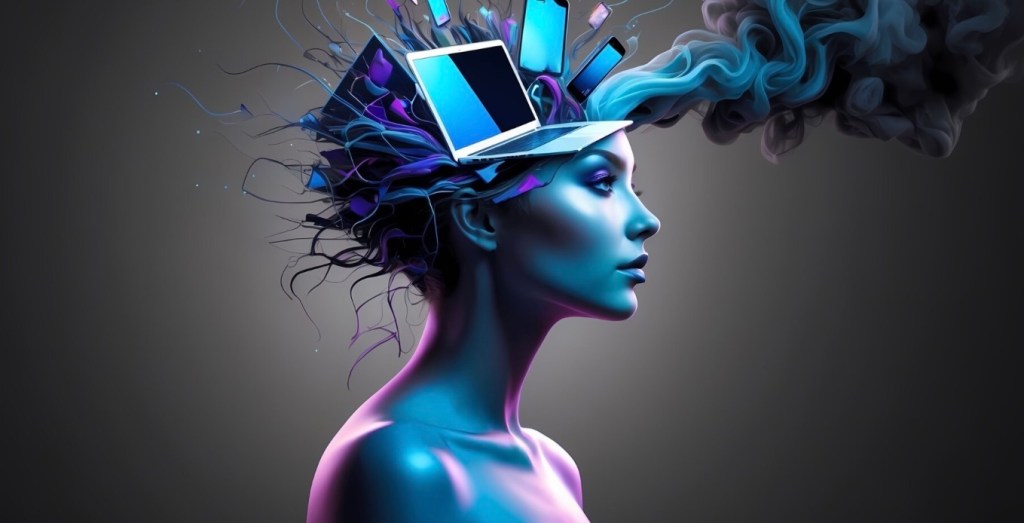
One of the most surprising areas where AI is making strides is in creativity. While traditionally viewed as a human domain, AI is increasingly being used to generate art, music, literature, and even films. AI tools like OpenAI’s DALL-E and DeepDream have demonstrated the ability to create stunning visual art, while GPT models can write poems, short stories, and even research papers.
In the future, AI-generated content will become even more sophisticated, blurring the lines between human and machine creativity. AI could be used to assist artists, musicians, and writers in their creative processes, offering suggestions, automating repetitive tasks, and helping to brainstorm new ideas.
For example, a composer could use AI to generate harmonies or melodies based on a set of input parameters, while a novelist might use an AI tool to help develop plotlines or character dialogues.
This AI-driven creativity could lead to entirely new forms of art and entertainment, where humans and machines collaborate to produce content that neither could have created alone. However, it also raises important questions about authorship, originality, and intellectual property.
Who owns an AI-generated painting or song? How will society value human-created art versus machine-generated art? These are questions that will need to be addressed as AI continues to evolve in the creative domain.
7. AI Ethics and Governance: The Need for Responsible AI Development
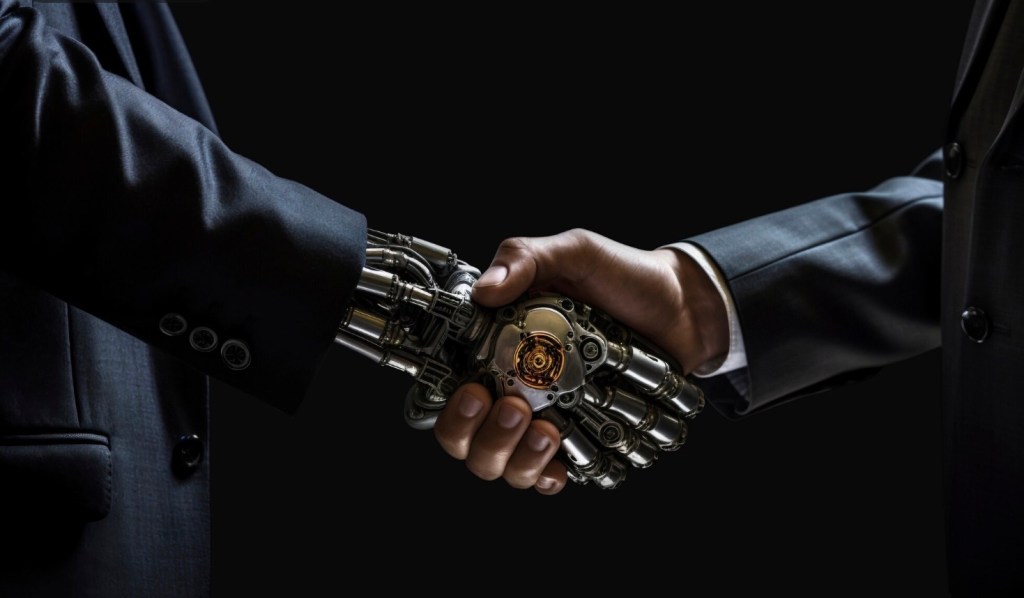
As AI becomes more powerful, it also raises significant ethical concerns. The potential for AI to be used in harmful ways—such as in surveillance, autonomous weapons, and deepfake technology—means that governments and organizations must carefully consider how AI is developed and deployed.
One of the key challenges in the future will be ensuring that AI is used for good while minimizing risks. This will require the development of robust AI governance frameworks that establish ethical guidelines and standards for AI use. Issues like data privacy, algorithmic bias, and transparency will need to be addressed to ensure that AI systems are fair and do not perpetuate existing inequalities.
Moreover, as AI systems become more autonomous, questions about accountability will arise. Who is responsible when an AI system makes a mistake? How can we ensure that AI systems are transparent in their decision-making processes? These are just some of the complex questions that society will need to answer as AI plays an increasingly central role in our lives.
The future will also see the rise of AI ethics professionals—experts tasked with ensuring that AI development aligns with human values and societal norms. This will be essential in building public trust in AI technologies and ensuring that they are developed responsibly.
8. AI and the Global Economy: New Markets and Economic Shifts
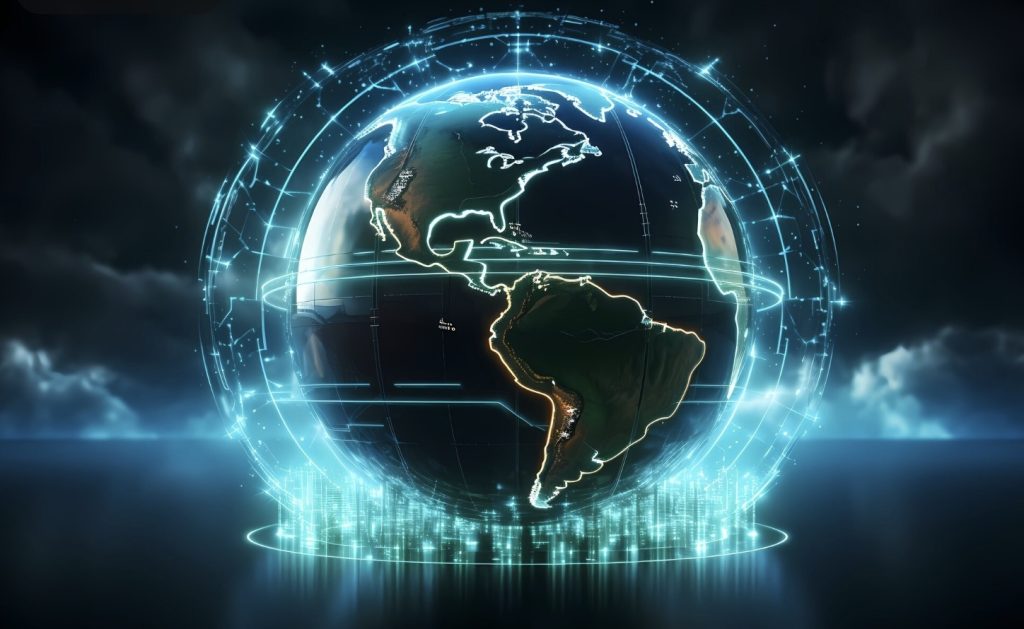
AI will have profound implications for the global economy. On one hand, it will create new markets, industries, and opportunities for growth. AI-driven innovations will likely fuel the next wave of technological advancements, much like the internet and smartphones did in the past few decades. AI-powered products and services could revolutionize
industries ranging from agriculture to entertainment, creating new business models and revenue streams.
On the other hand, AI could lead to significant economic disruptions. As automation replaces certain types of jobs, there is a risk of increasing unemployment and economic inequality. While new jobs will be created, there will be a need for extensive reskilling and upskilling to ensure that workers can transition to new roles.
Governments and businesses will need to collaborate to address these challenges. This may involve implementing policies such as universal basic income (UBI) or job guarantee programs to ensure that people are not left behind in the AI-driven economy.
Moreover, there will be a need for global cooperation to ensure that the benefits of AI are shared equitably across nations, rather than exacerbating existing geopolitical tensions.
Conclusion: Embracing the Future of AI
Artificial intelligence is no longer a distant dream—it is here, and it is transforming the world in ways we could not have imagined just a few decades ago. The future of AI holds immense potential to improve our lives, from revolutionizing healthcare and education to creating new forms of art and entertainment.
However, it also presents significant challenges, particularly in the areas of ethics, governance, and economic disruption.
As we look ahead, it is essential that we approach AI development with a focus on responsibility, fairness, and inclusivity. By doing so, we can ensure that AI is a force for good, enhancing human capabilities and improving the quality of life for people around the world.
The future of AI is both exciting and uncertain, but with careful planning and thoughtful governance, it has the potential to usher in a new era of innovation, prosperity, and human flourishing.


